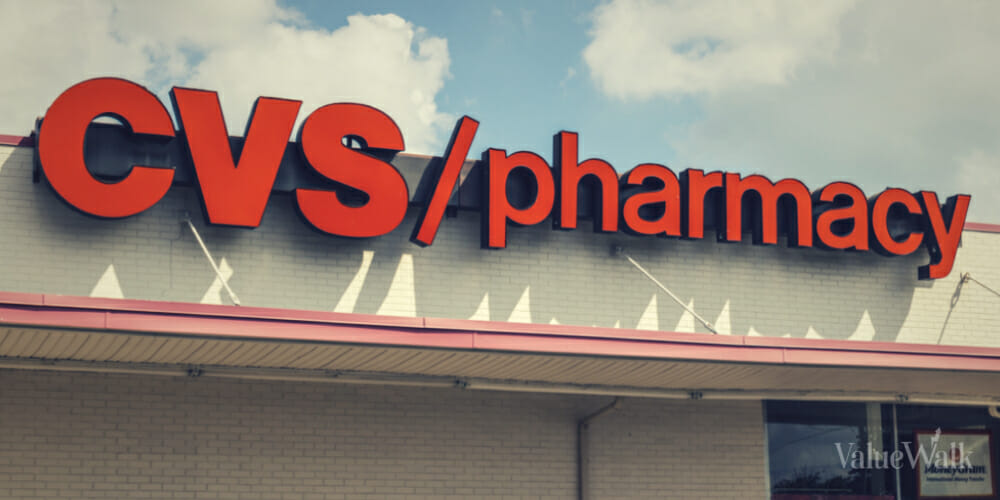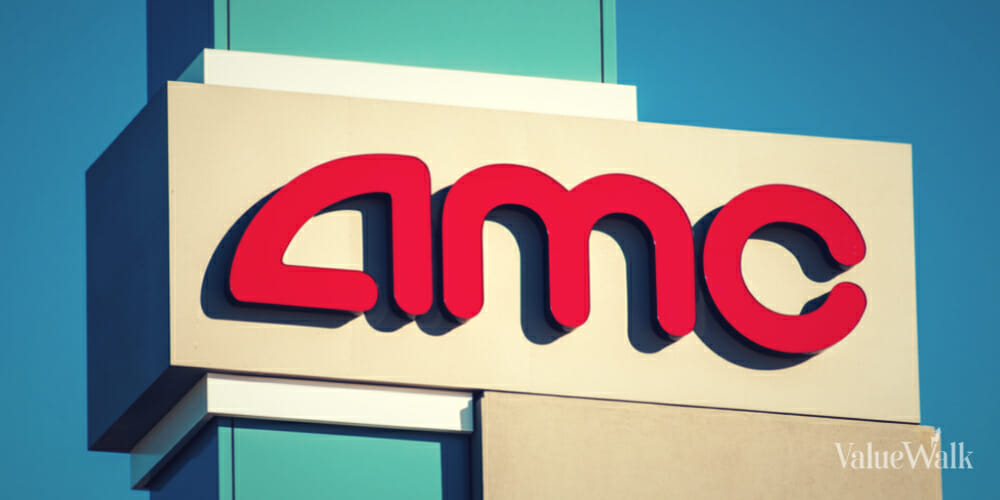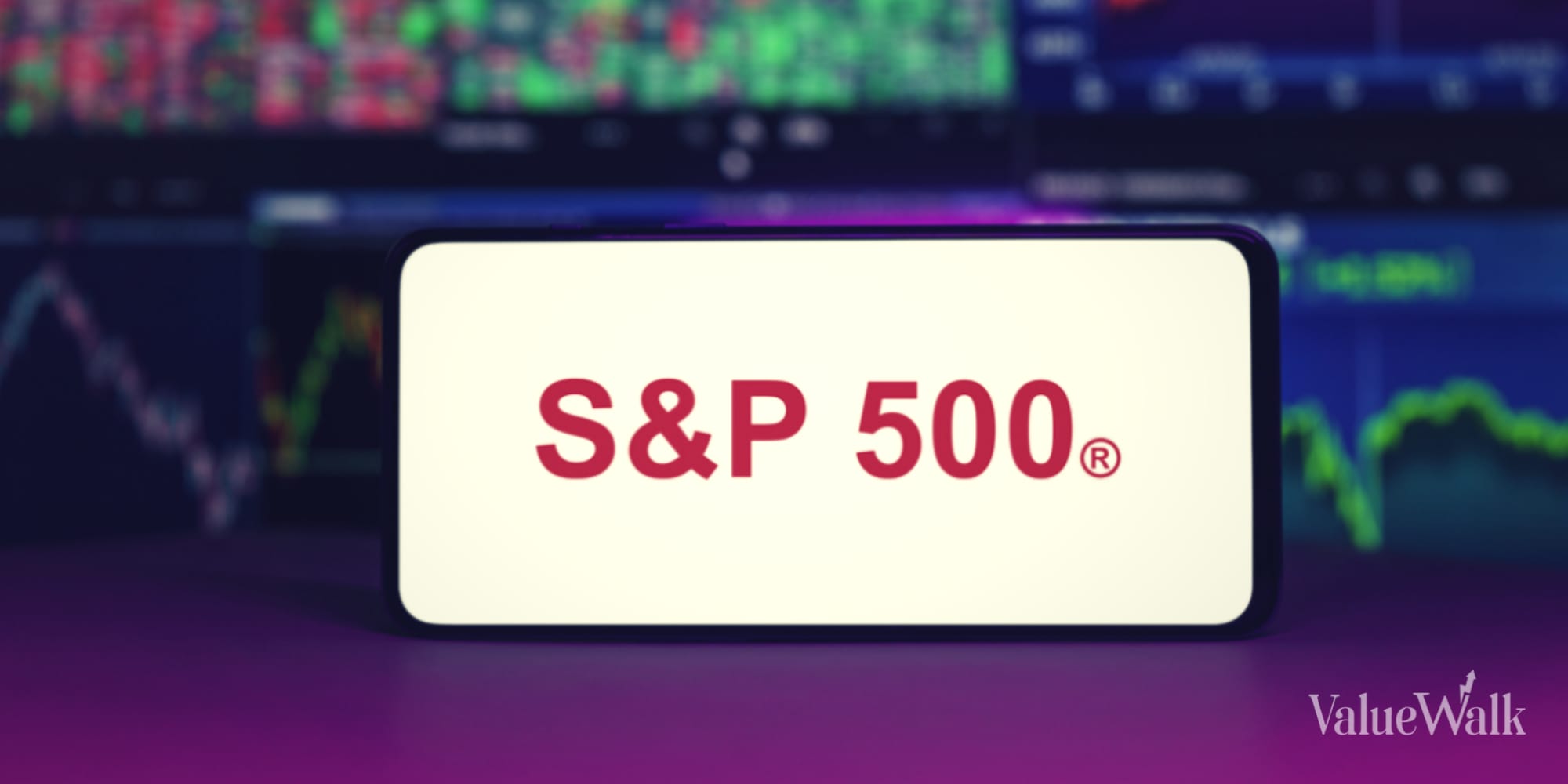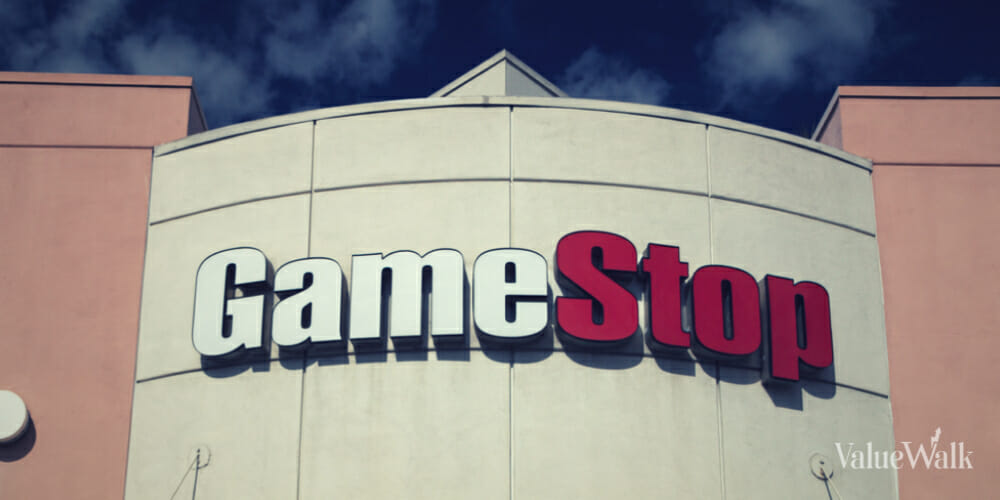CVS Health Corp. (NYSE:CVS) is more than just a retail-pharmacy chain. The company also has a health-insurance division that offers Medicare Advantage plans. That part of CVS’s business weighed heavily on its earnings results — to the point where investors are alarmed and fearful.
Contrarian investors would typically lean into the fear and pick up CVS shares on the cheap. However, with the stock down 17% at midday on Wednesday, even dyed-in-the-wool contrarians might wonder whether CVS’s healthcare business will recover anytime soon.
CVS is confident, but investors are not
Although it’s intended to assuage nervous investors, a statement from CVS Health’s chief executive offers a clue as to the dire state of the company’s healthcare business. It also indicates that the American healthcare system might be less than ideal, to put it politely.
“The current environment does not diminish our opportunities, enthusiasm or the long-term earnings power of our company,” CVS Health President and CEO Karen S. Lynch stated in the company’s first-quarter press release. “We are confident we have a pathway to address our near-term Medicare Advantage challenges.”
At least to me, this sounds more like damage control than genuine confidence. Wednesday’s steep decline in CVS stock supports the thesis that the company’s healthcare division isn’t doing well.
The pharmacy-chain operator acknowledged a “decline in the Health Care Benefits segment’s operating results, reflecting utilization pressure in the Company’s Medicare business.” That’s a fancy way of saying that Medicare members were using their medical benefits more, which dragged on the overall financial results.
Delving into the numbers, the adjusted operating income for CVS’s Care Benefits segment plummeted from $1.824 billion in the first quarter of 2023 to just $732 million in the first quarter of 2024. That’s a 59.87% decline, so it’s understandable if investors are in a state of shock and alarm.
Again, this says a lot about the U.S. healthcare system and might dissuade some people from investing in any healthcare stock. Still, for what it’s worth, CVS managed to increase its Q1 2024 revenue by 3.7% year over year to $88.4 billion.
That might sound like an acceptable result, but the analysts’ consensus estimate had called for $89.3 billion in quarterly revenue. Furthermore, CVS posted adjusted/ non-GAAP earnings of $1.31 per share, which is a far cry from Wall Street’s consensus projection of $1.69 per share.
Looking for a “pathway” to recovery
Again, Lynch expressed confidence that CVS has a “pathway to address” its Medicare-related issues. On the other hand, the company’s forward guidance doesn’t appear to reflect the CEO’s optimism.
In its quarterly press release, CVS cut its full-year adjusted EPS outlook for 2024 from “at least $8.30” to “at least $7.” The company also reduced its 2024 outlook for cash flow from operations from “at least $12 billion” to “at least $10.5 billion.”
Those full-year guidance cuts may have shocked Wall Street even more than the quarterly results. For example, Mizuho strategist Jared Holz told investors in an email that he “[d]id not even believe the CVS numbers when they were released.”
Leerink Partners analyst Michael Cherny also expressed surprise, writing that CVS’s earnings-guidance reduction was “MUCH more significant” (his emphasis, not mine) than expected. Thus, some financial experts might still need to be convinced that CVS can successfully navigate a “pathway” to recovery in the coming quarters.
Here’s where it gets interesting. CVS has a lengthy track record of quarterly EPS beats. The first quarter ends that track record, but it’s just one bad quarter. Good companies can be forgiven for having a bad quarter, right?
Bargain hunters should certainly consider CVS’s valuation. Using my old calculator, I determined that CVS’s EPS from the past four quarters would be $2.21 + $2.21 + $2.12 + $1.31, amounting to $7.85 per share. Thus, if the share price is $56, then CVS’s trailing 12-month price-to-earnings (P/E) ratio would be 56/ 7.85, or 7.13.
Meanwhile, the sector’s median trailing 12-month P/E ratio is around 33 from a GAAP perspective or between 18 and 19 from a non-GAAP perspective. Either way, CVS appears to be quite reasonably valued at the moment. In addition, the company offers a 3.68% forward annual dividend yield, which easily exceeds the average for the healthcare sector.
Ultimately, it’s a question of whether one expects Medicare spending to normalize. That’s not something that CVS can control, of course. It’s a tough call overall, and only the most optimistic deep-value and passive-income investors should consider risking their financial health on CVS now.





